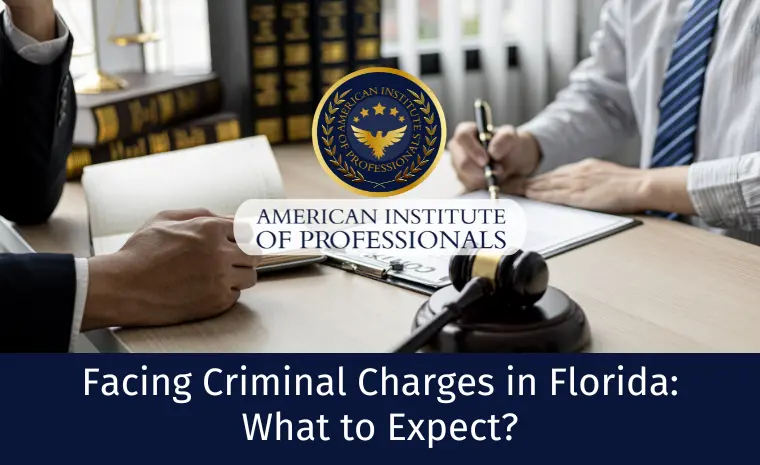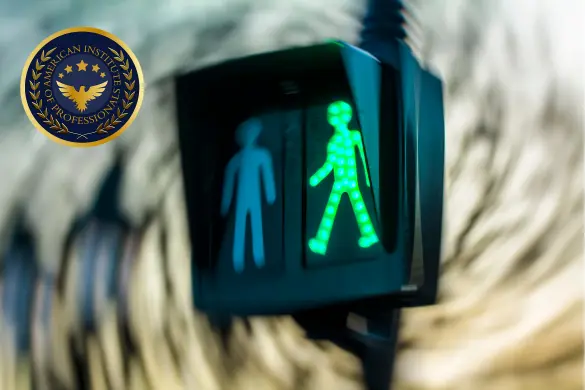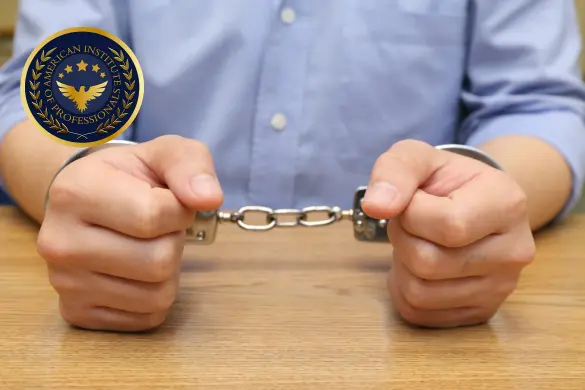Navigating Florida’s criminal justice system requires understanding its laws and procedures. Whether facing misdemeanors or serious felonies, charges can have lasting consequences. Knowing your rights is crucial, as Florida’s legal landscape can be complex. This article aims to provide insight into criminal charges in Florida, emphasizing the importance of legal counsel and knowing your rights when facing allegations.
Types of Criminal Charges in Florida
Criminal charges in Florida range from misdemeanors, such as petty theft, to more serious felony offenses like murder and drug trafficking. Misdemeanors can lead to fines, probation, or limited jail time, while felonies carry harsher penalties, including significant fines and lengthy prison sentences, depending on the severity of the crime.
It’s crucial to understand the distinction between state and federal offenses. State offenses violate state laws and are prosecuted in state courts by local law enforcement agencies. Federal offenses, on the other hand, involve violations of federal laws and are investigated by federal agencies like the FBI and prosecuted in federal courts. Knowing the difference between criminal law in Florida and federal jurisdictions is essential, as the legal procedures and consequences vary significantly between them.
In Need of Legal Assistance?

The Legal Process in Florida
Upon arrest in Florida, individuals are afforded certain rights, including the right to remain silent and the right to legal representation. Law enforcement officers must inform you of these rights, commonly known as Miranda rights, before any questioning occurs. You have the right to consult with an attorney before answering any questions, and anything you say can be used against you in court. Additionally, you have the right to refuse searches of your person or property without a warrant, except in certain circumstances.
Booking and Bail
After your arrest, you’ll likely be taken to a law enforcement facility for booking. Here, they’ll record your personal information, take fingerprints and photographs, and confiscate your belongings. Following this, you might have the chance to post bail, which would grant you temporary release from custody until your trial. The amount of bail depends on the seriousness of the charges and your perceived flight risk. If you can’t afford bail, you can seek help from a bail bondsman or request a bail hearing before a judge.
Court Appearances
The next step of criminal law in Florida is arraignment. Here, the charges against you are formally presented, and you’ll be informed of your rights. You’ll have the chance to enter a plea, usually “guilty,” “not guilty,” or “no contest.” Opting for “not guilty” means the court will arrange further proceedings, like pretrial conferences or hearings. It’s crucial to have a criminal defense lawyer at your side to safeguard your rights and navigate the intricacies of the legal process.
Common Criminal Offenses in Florida
- DUI and Traffic Offenses: Florida sees a high number of DUIs and traffic-related offenses, including speeding, reckless driving, and driving with a suspended license, resulting in fines, revoked licenses, and jail time.
- Drug Charges: Drug-related offenses encompass possession, trafficking, and distribution of controlled substances. Penalties vary based on the type and quantity of drugs involved, ranging from fines to lengthy prison sentences.
- Theft and Property Crimes: Theft offenses like burglary, robbery, and shoplifting are prevalent in Florida. Consequences depend on the value of a stolen property and may include fines, probation, and imprisonment.
- Assault and Battery: Assault and battery offenses involve threats or physical harm to others. Penalties vary based on the severity of the offense and may include fines, probation, and incarceration.
Penalties and Sentencing Guidelines
Potential Fines and Jail Time
Penalties for criminal offenses in Florida may include fines and jail time. The severity of the penalties depends on factors such as the nature of the offense, prior criminal history, and aggravating circumstances. Fines can range from hundreds to thousands of dollars, while jail sentences can vary from days to years, or even life imprisonment for certain felonies.
Probation and Community Service
In addition to fines and jail time, individuals convicted of criminal offenses in Florida may be sentenced to probation and community service. Probation involves supervision by a probation officer and adherence to specific conditions set by the court. Community service requires individuals to perform unpaid work for the benefit of the community, such as cleaning public spaces or assisting charitable organizations.
Mandatory Minimum Sentences
Some criminal offenses in Florida carry mandatory minimum sentences, requiring judges to impose a specific period of incarceration upon conviction. These sentences are often associated with serious crimes such as drug trafficking or certain violent offenses. Mandatory minimum sentences limit judicial discretion and can result in lengthy prison terms, even for first-time offenders.
Building a Strong Legal Defense
A skilled defense attorney is paramount when facing criminal charges in Florida, and central to a robust defense strategy is the gathering of evidence and witness testimonies. Surveillance footage, medical records, or expert opinions can challenge the prosecution’s narrative and bolster your defense. Witness testimonies provide critical perspectives that can corroborate your innocence or cast doubt on the prosecution’s case.
Moreover, plea bargains and negotiations play a significant role in securing favorable outcomes. Through negotiation with the prosecution, your attorney may pursue reduced charges, lighter sentences, or alternative sentencing options in exchange for cooperation or a guilty plea to a lesser offense. Skillful negotiation tactics can mitigate the risks of trial and potentially harsh penalties, offering a path toward resolution and closure.
Conclusion
Navigating the complexities of the criminal justice system in Florida requires a strategic and informed approach. By being proactive, gathering evidence, and exploring negotiation options, you can effectively advocate for your rights and work towards resolving your legal challenges with confidence.
Remember, facing criminal charges is daunting, but with the right guidance and support of a criminal defense lawyer, you can navigate this difficult terrain and emerge with your rights protected and your future intact.





